On-Page SEO
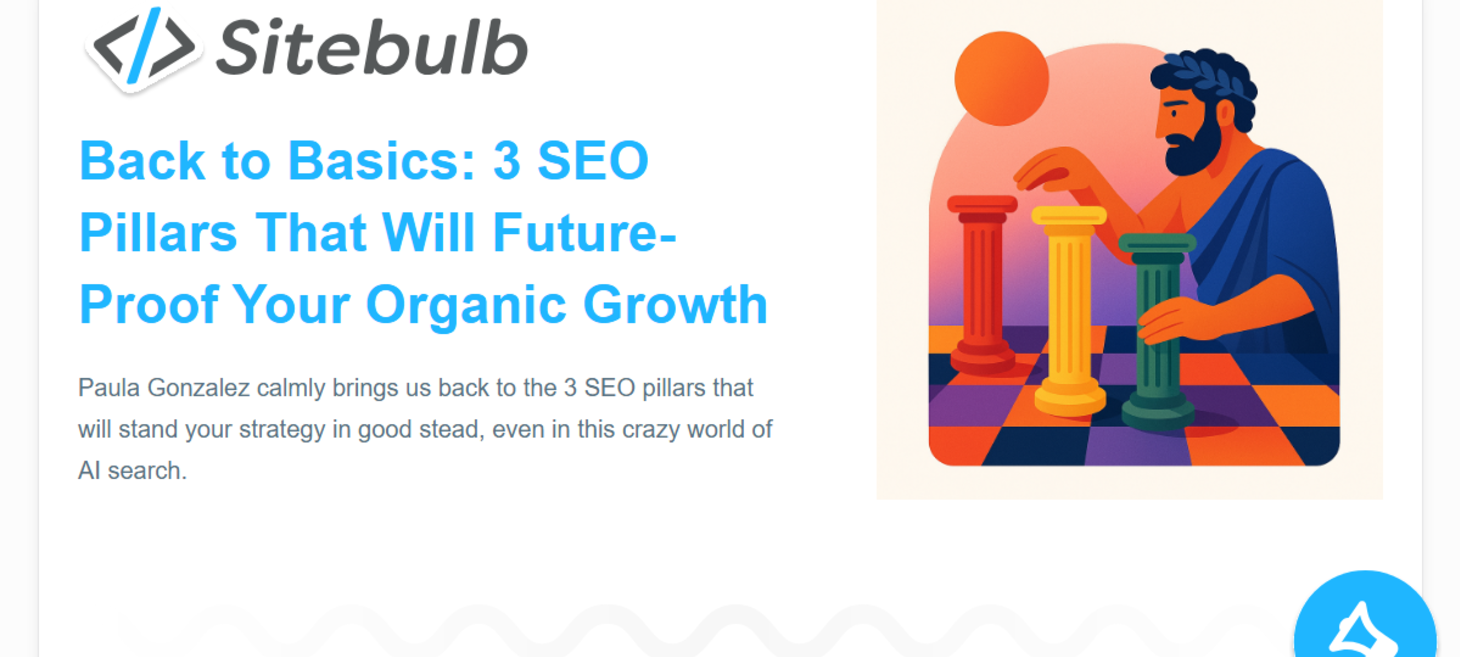
Back to Basics: 3 SEO Pillars That Will Future-Proof Your Organic Growth
In a world filled with noise, AI slop and contradicting SEO advice – where do we focus for impact?
In this article I’ll cut through the chaos (and the “SEO is dead” rhetoric) to help ground your strategy in three core pillars that will withstand the AI storm.
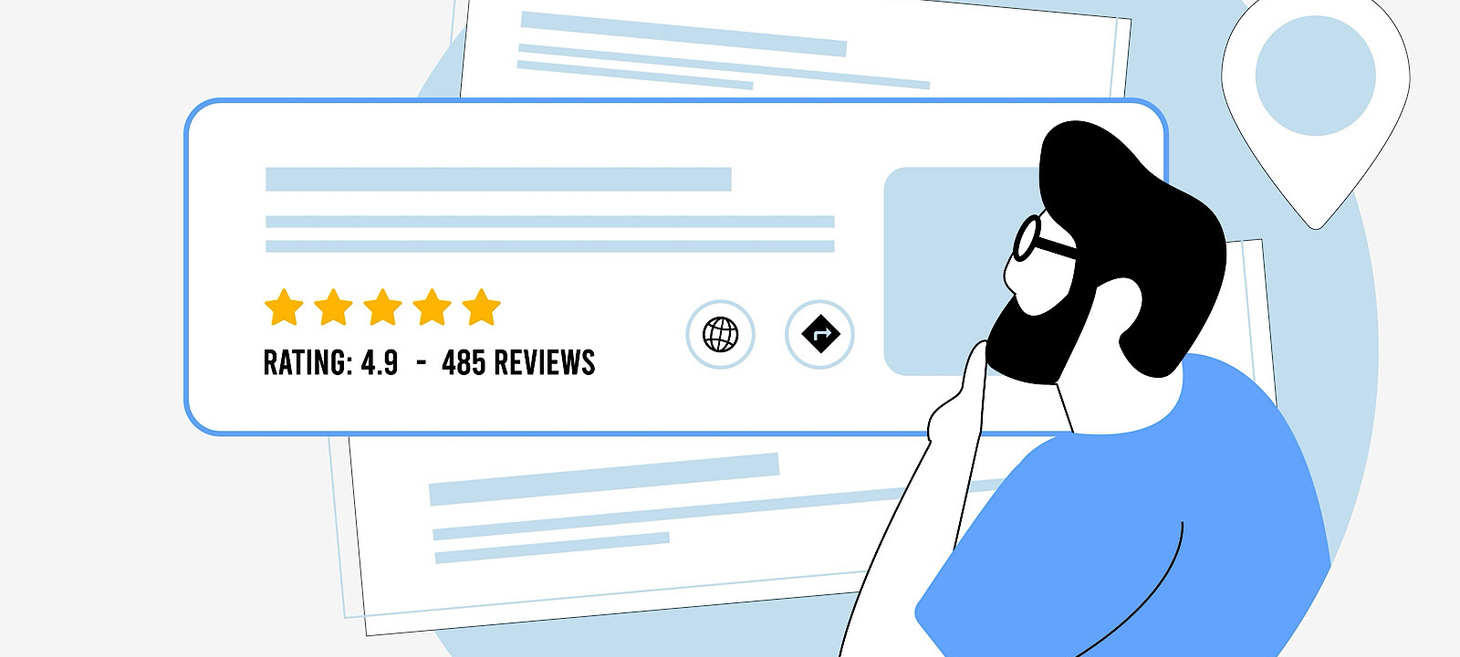
Google Reminds Websites To Use One Review Target
Google has updated its review snippet documentation to clarify how you should indicate the target of reviews and aggregate ratings in structured data.
The change is a small documentation update, but it speaks to a common schema mistake that can make it harder for Google to understand your reviews.
Technical SEO

LLMs.txt Does Not Boost AI Citations, New Analysis Finds
A new analysis from SE Ranking suggests the llms.txt file isn’t delivering measurable benefits yet.
After examining roughly 300,000 domains, the company found no relationship between having llms.txt and how often a domain is cited in major LLM answers.
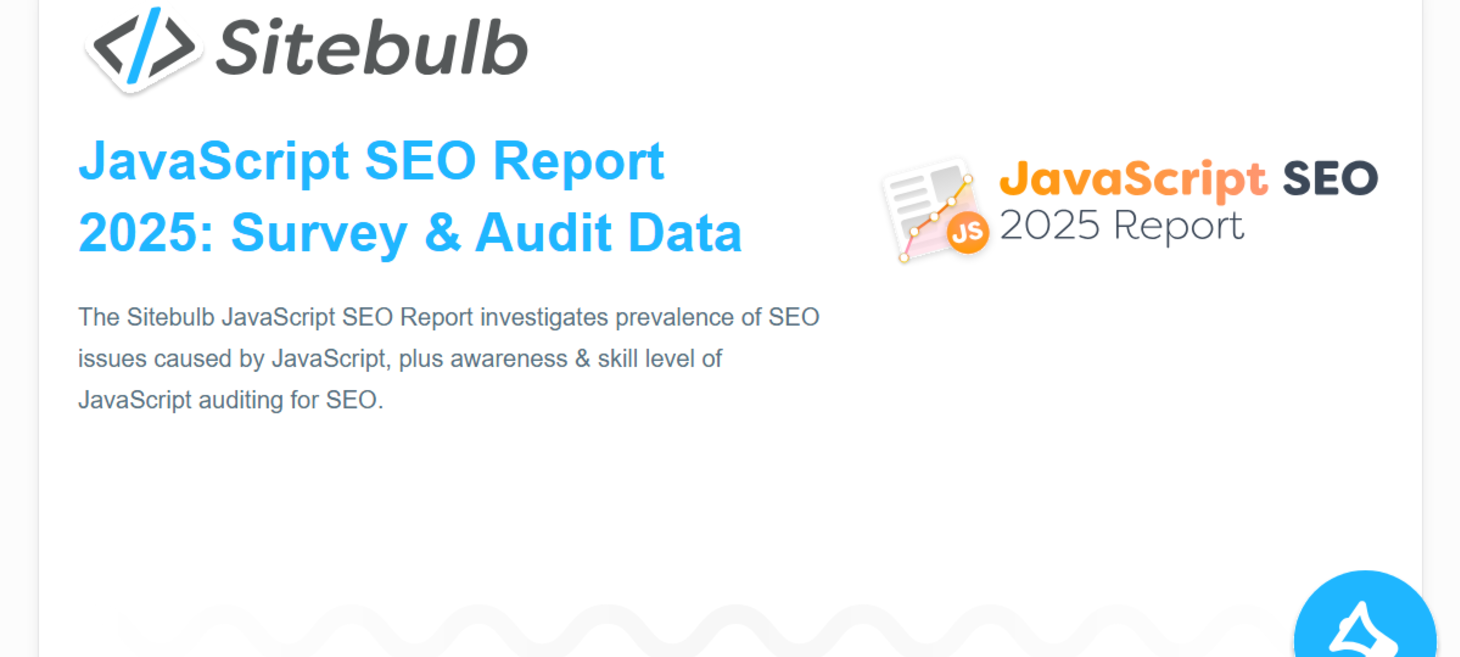
JavaScript SEO Report 2025: Survey & Audit Data
JavaScript SEO has undergone a revolution in the year since we first did this study.
Why? Because AI is the new hotness, and 'LLM Crawlers' can't render JavaScript.
It sometimes feels that the SEO industry has forgotten we're allowed to talk about anything other than 'optimizing for AI' - the topic dominates LinkedIn feeds, conference agendas, blog posts, webinars, newsletters...
And the justification for such a media blackout is sound - it's the first time in a long time that we've had anything other than Google search to talk about.
AI is new, and it's genuinely different. And whether you like it or loathe it, it really does feel like it will herald a paradigm shift in information retrieval.
The irony is, for all it's newness and hotness, AI is fundamentally reliant on text-based content. Fancy client-side JavaScript not only goes unappreciated by LLM Crawlers, but is in fact invisible to them.
The fundamentals of tech SEO are just as valid for GEO, AIO, AEO (or whatever the kids are calling it these days) and JavaScript rendering is arguably the most important facet.
While this year's study shows that both awareness and understanding of JavaScript SEO are definitely improving, it also reveals a worrying blind-spot on the negative impact of JavaScript content for AI platforms...
Off-Page SEO

The Community Flywheel: How Reddit, YouTube, and LinkedIn Decide Who Wins in AI Search
AI search is increasingly shaped by trust signals from UGC and community platforms. Winning visibility now requires a connected owned-and-earned strategy, where credibility begins on-site, validation is earned off-site, and trust is built through authentic participation. Our analysis of 5.5M+ answers found that:
- UGC and Community platforms drive nearly half of all citations in AI search, with Reddit alone earning citations in ~22% of answers across all models–signaling peer validation as the dominant trust signal shaping which brands appear in the answer.
- Professional networks like LinkedIn ranked among the top three most-cited domains across multiple models, showing its influence as a trusted space for sharing expertise and professional perspective.
- AI systems favor different credibility signals, each weighing community discussion, expert validation, or reference accuracy. Visibility depends on balancing presence across each.

How agentic AI threatens to upend OTAs’ dominance in search
No one knows how the agentic AI race will end, but its impact is already clear.
Online travel agencies (OTAs) such as Expedia, Booking.com, and Trip.com are entering a new era of disruption – one that rivals the rise of Google search.
AI assistants are now planning, comparing, and completing bookings for users – reducing direct interaction with OTA sites.
This article examines how this change could impact their visibility, loyalty programs, and role in search.
Local SEO

Review Signals Gain Influence In Top Google Local Rankings
A new analysis from Search Atlas quantifies the interaction between proximity and reviews in local rankings.
Proximity drives visibility overall, while review signals become stronger differentiators in the highest positions.
This study examines 3,269 businesses across the food, health, law, and beauty sectors.
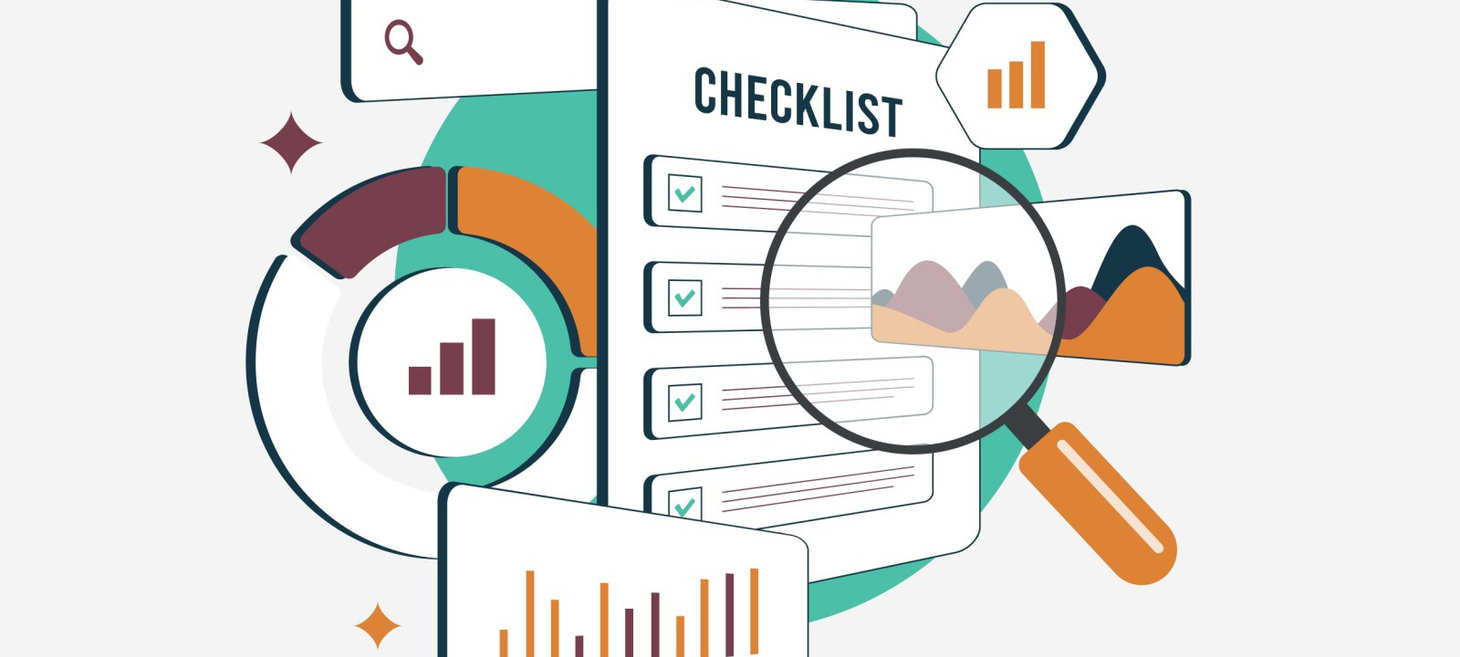
How To Do A Complete Local SEO Audit: 11-Point Checklist
Local SEO includes several specific tasks geared to establishing the relevance and authority of a business within a targeted geographic area.
Search engines and large language models (LLMs) like Google Gemini and ChatGPT reference many different data points to determine who will be surfaced in their respective result sets, which include AI Overviews and AI Mode in Google, featured snippets, local map packs, image or video carousels, and other emerging search formats.
So, how can you identify and prioritize optimizations with the greatest potential to deliver converting traffic to your website or your business door from traditional organic local SEO or AI search?
Below, we’ll walk through an evaluation of each key facet of your local search presence and uncover your best opportunities to improve your visibility in traditional organic and AI search.
International SEO
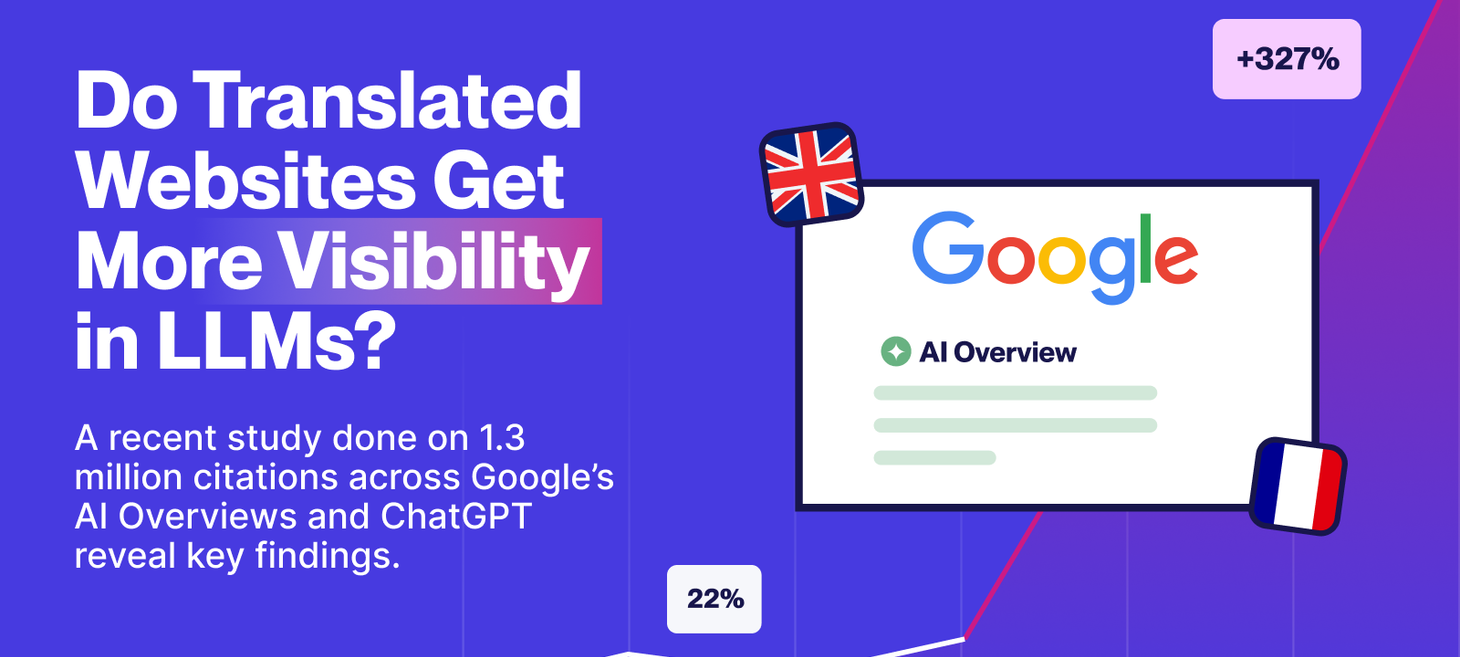
Data: Translated Sites See 327% More Visibility in AI Overviews
When Google’s AI Overviews launched in 2024, dozens of questions quickly surfaced among SEO professionals, one being: if AI now curates and summarizes search results, how do websites earn visibility, especially across languages?
Weglot recently conducted a data-driven study, analyzing 1.3 million citations across Google AI Overviews and ChatGPT to determine if LLMs cite content in one language, would they also cite it in others?
The result: translated websites saw up to 327% more visibility in AI Overviews than untranslated ones, a clear signal that international SEO is becoming inseparable from AI search.
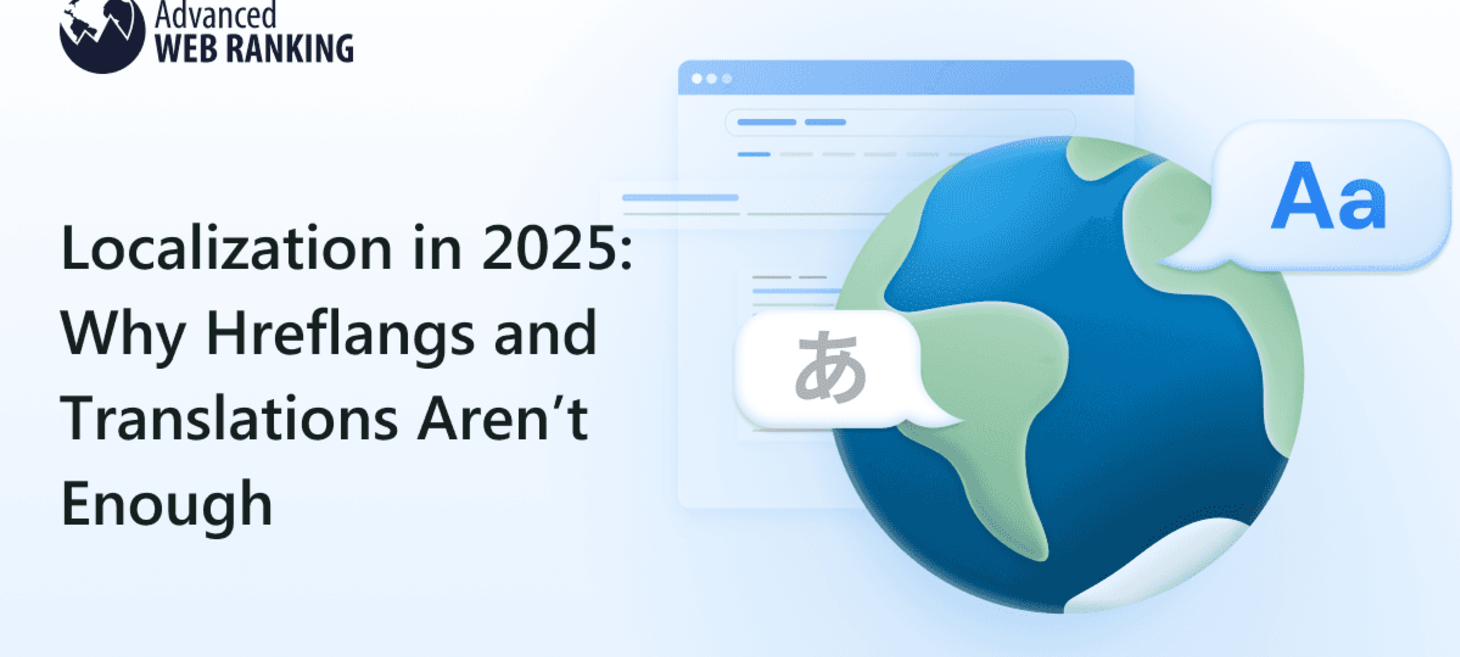
Localization in 2025: Why Hreflangs and Translations Aren’t Enough
Expanding into non-English speaking markets requires more than just translating your content and adding hreflang tags. SEOs working in those regions know the issues all too well: awkward phrasing from machine translation, incomplete content with missing image or video localization, and calls to action that don’t resonate in the target market.
In this article, we’ll explore how localization should work today – especially considering evolving algorithms, increasing user expectations, and real differences in how people engage with content across markets.
Ecommerce SEO
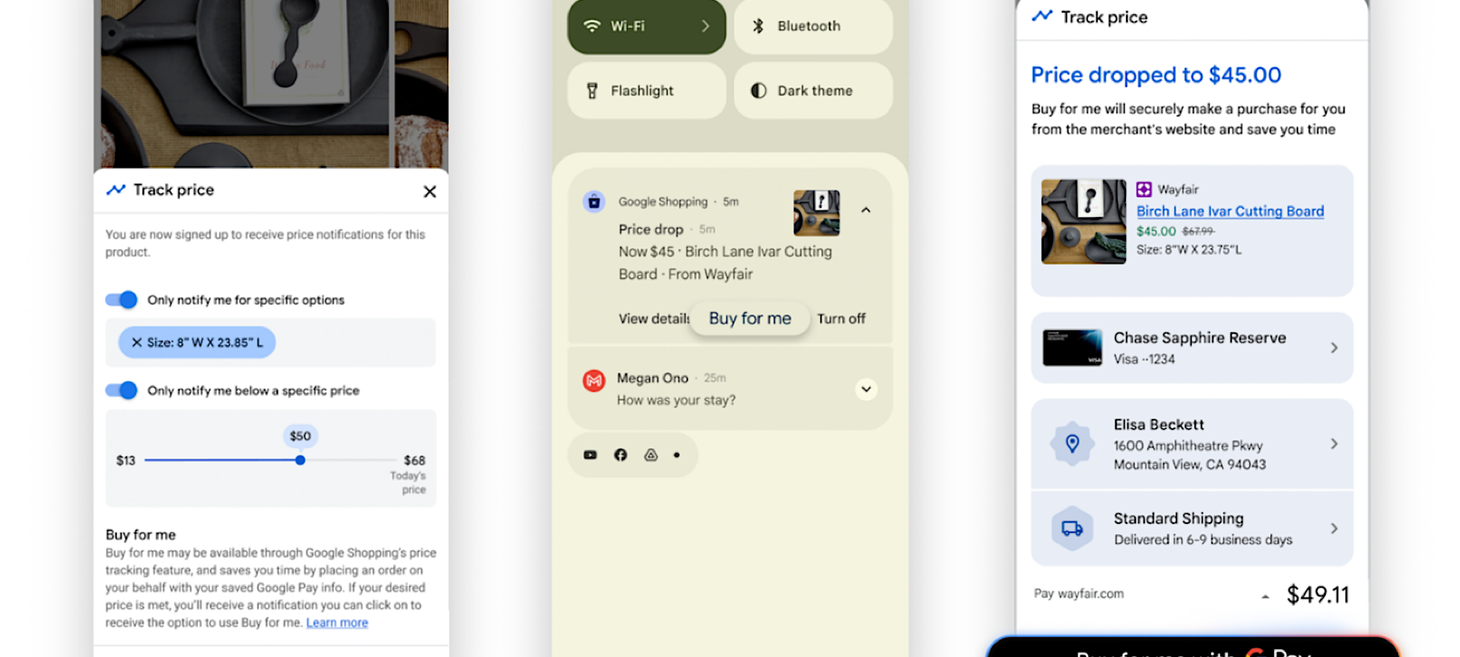
Google Adds AI Shopping Tools Across Search, Gemini
Google is rolling out AI shopping updates across Search and the Gemini app, introducing conversational shopping and agentic features that automate price tracking and local inventory checks.

Trust In AI Shopping Is Limited As Shoppers Verify On Websites
A new IAB and Talk Shoppe study finds AI is accelerating discovery and comparisons, but it’s not the last stop. Here are the key points before we get into the details:
- AI pushes people to verify details on retailer sites, search, reviews, and forums rather than replacing those steps.
- Only about half fully trust AI recommendations, which creates predictable detours when links are broken or specs and pricing don’t match.
- Retailer traffic rises after AI, with one in three shoppers clicking through directly from an assistant.
Search Engine Advertising (PPC)

How To Manage Demand Fluctuation During Key Ecommerce Shopping Seasons
Ecommerce demand doesn’t rise and fall in a straight line throughout the years.
It can build gradually, spike hard, stall, or drop with little-to-no warning. During peak shopping periods like Black Friday, Cyber Monday, Prime Day(s), Back-to-School, these swings become even more intense.
For PPC marketers, that volatility affects far more than just traffic or CPCs. It influences bidding strategies, budgets, inventory planning, campaign structures, and even internal operations.

How to improve PPC campaign performance: A checklist
You want to ensure your PPC campaigns are in the best shape possible going into peak season for many advertisers
Whether you’re getting great results, struggling to perform, or somewhere in between, below is a checklist of 12 features to help set your campaigns up for success.
Google Ads (Search Network)
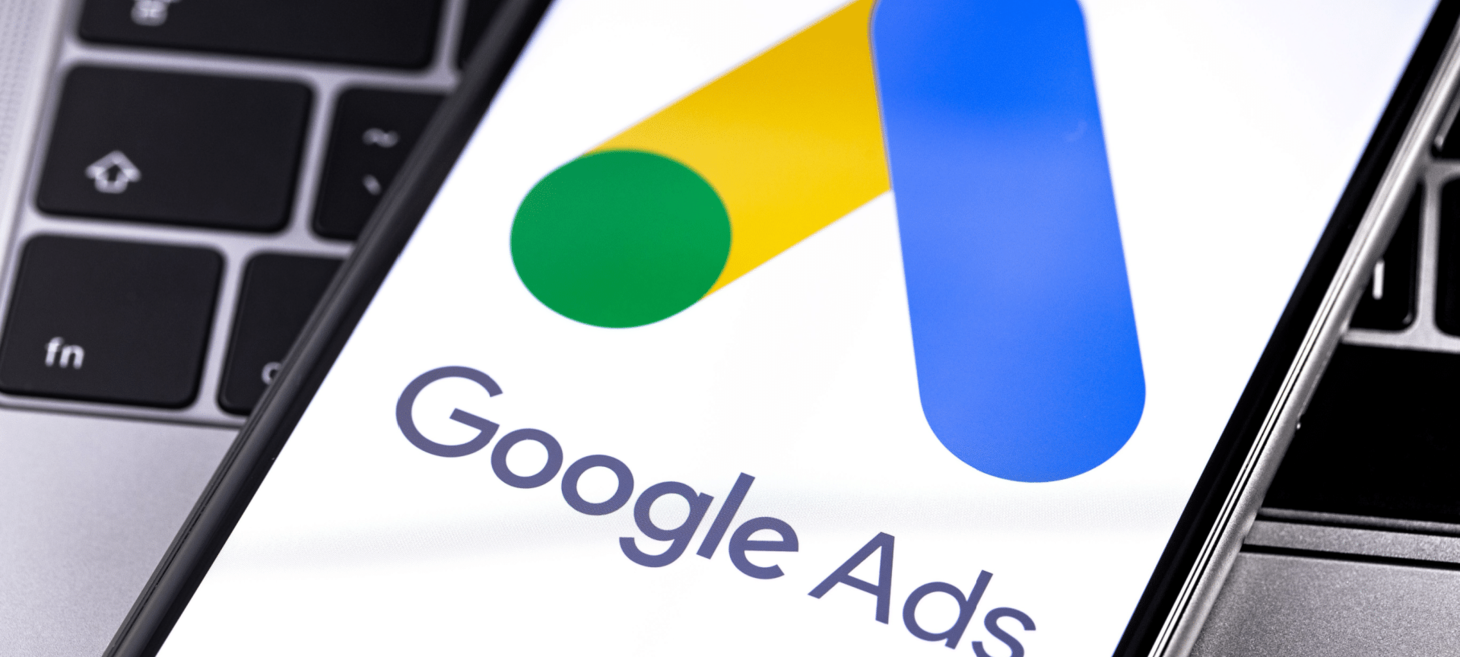
Google tests “Journey Aware Bidding” to optimize Search campaigns
Google is preparing a new Search bidding model called Journey Aware Bidding, designed to factor in the entire customer journey — not just the final biddable conversion — to improve prediction accuracy and campaign performance.
Study: Why seasonality adjustments keep failing advertisers on Black Friday
A three-year analysis of up to 6,000 advertisers shows that using Google’s seasonality bid adjustments during Black Friday and Cyber Monday (BFCM) consistently harms efficiency — even though the platforms keep recommending them.
Microsoft Ads (Bing Search Network)

Microsoft to end nonprofit ad grant program in December
Microsoft Advertising is shutting down its Ads for Social Impact grant program, which provided free ad credits to nonprofits. Final grants will be issued November 30, 2025, with a 45-day window to spend them.
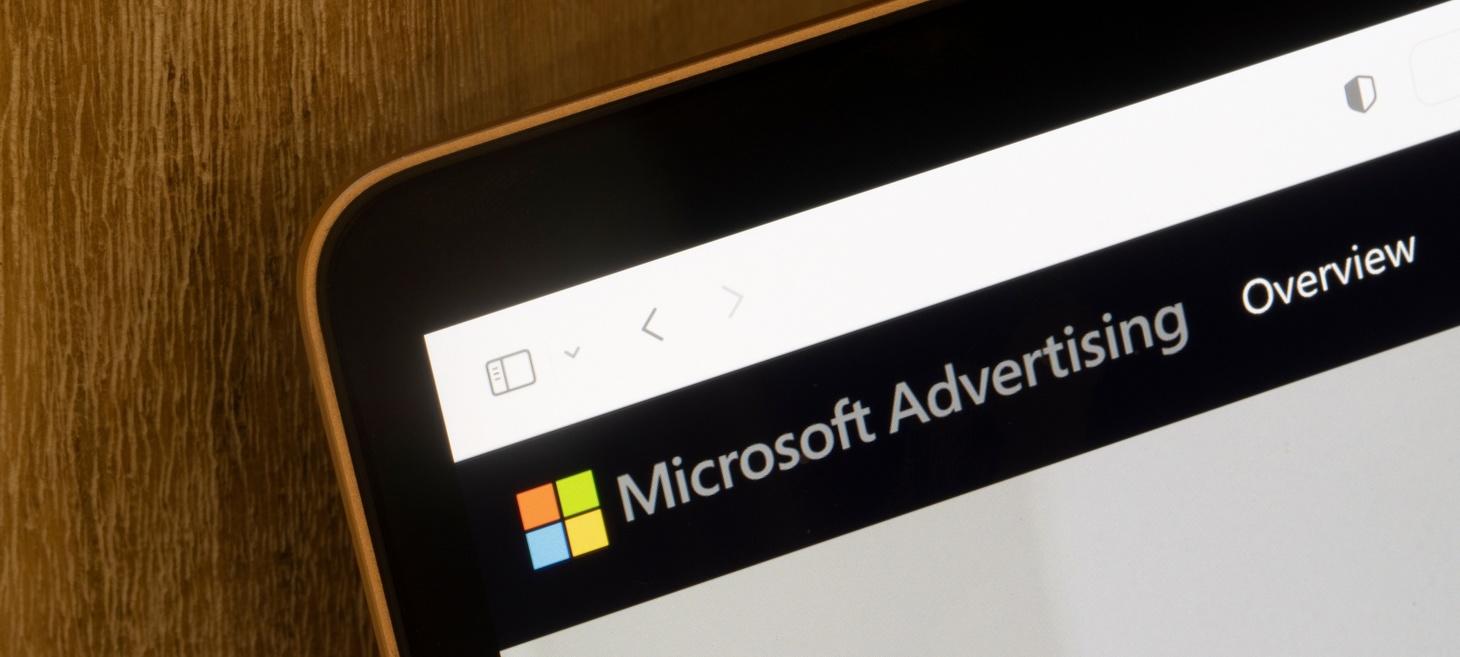
Microsoft to retire its Advertising mobile app in early 2026
Microsoft is alerting users that the Microsoft Advertising mobile app will be shut down in January 2026, ending mobile-based campaign management for advertisers.
Google Shopping
Study finds major waste in Google Shopping ads on Black Friday
Black Friday is peak retail season, yet many brands still lose money on Google Shopping ads for products they’ve already sold out of.
The problem. Ads continue to run after items go out of stock, triggering cost-per-click charges with little to no chance of conversion. In a ShoppingIQ study of 500 global retailers, 97% continued to pay for clicks on unavailable products, often for 24 to 48 hours.
Google’s “Smart Cropping” may be trimming your Shopping Ad images
Some advertisers are noticing oddly cropped product images in Google Shopping ads — and it turns out Google Merchant Center’s “Smart Cropping” feature is behind it.
Why we care. Smart Cropping, enabled by default, uses automation to zoom in on what Google determines is the most relevant part of a product image. While the goal is to improve ad visuals, the result can sometimes be awkwardly cropped images that don’t match the uploaded product photos.
Performance Max Campaigns

Google and Microsoft: How their Performance Max approaches align and diverge
Performance Max (PMax) campaigns have become the cornerstone of AI-driven advertising.
Both Google and Microsoft offer advertisers a way to consolidate creative assets, audience signals, and automation into a single campaign type. (Disclosure: I work as Microsoft’s product liaison.)
While the concept is similar across platforms, the execution and feature sets differ significantly.
This article aims to provide an objective comparison of Google PMax and Microsoft PMax as of late 2025.
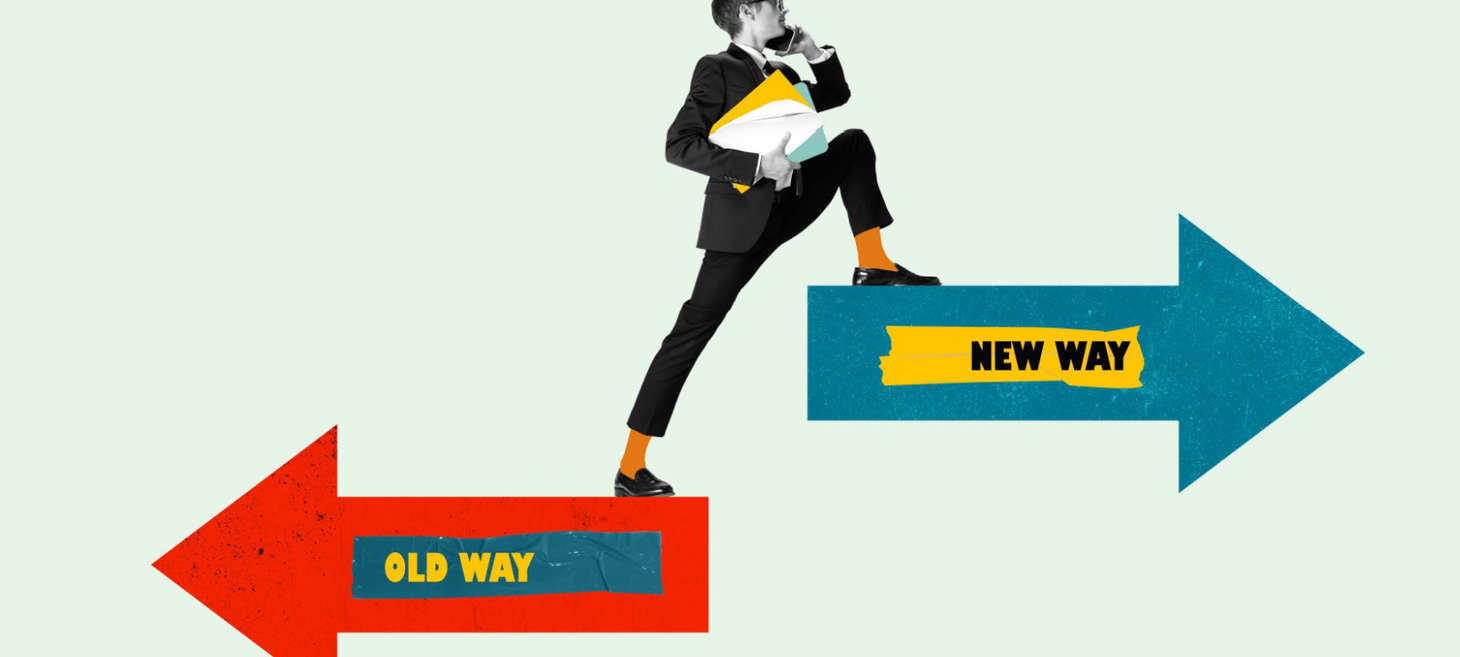
The Behaviors And Mindset Of Marketers Who Win With Performance Max
Performance Max (like the more upper-funnel Demand Gen) is different enough from other Google Ads campaigns that it requires a different approach, even if the underlying search behavior and marketing principles are the same as they’ve always been.
For what it’s worth, Performance Max is typically not the first campaign to launch in any account. We typically start with Search and/or Shopping before layering on Performance Max when it makes sense, e.g., testing and scaling.
But when the time comes to make it work, it takes a specific mindset. And if your Google Ads methods and principles are still stuck in 2015, you’re not going to get very far.
Here’s how to tailor your approach and become a mentality monster for Performance Max.
Search Intent
SEO, GEO, or ASO? What to call the new era of brand visibility in AI [Research]
To bring clarity to that shifting vocabulary, Fractl partnered with Search Engine Land to map the language of this AI-search era.
Over the past few weeks, we surveyed marketers, scraped thousands of social conversations, and analyzed job boards to understand which terms are actually gaining traction.
The goal was simple: cut through the noise and uncover the labels shaping hiring, strategy, and brand visibility in the age of AI.

SEO personas for AI search: How to go beyond static profiles
Simplified personas built as fictional characters with broad pain points are outdated in the future of search.
Think “Curious Cathy,” who just wants to learn more about your product, or “Technical Tom,” who has years of experience in his field and can handle more detailed breakdowns.
Static personas once helped, but they no longer reveal enough about real people to stay competitive.
Tools & Testing
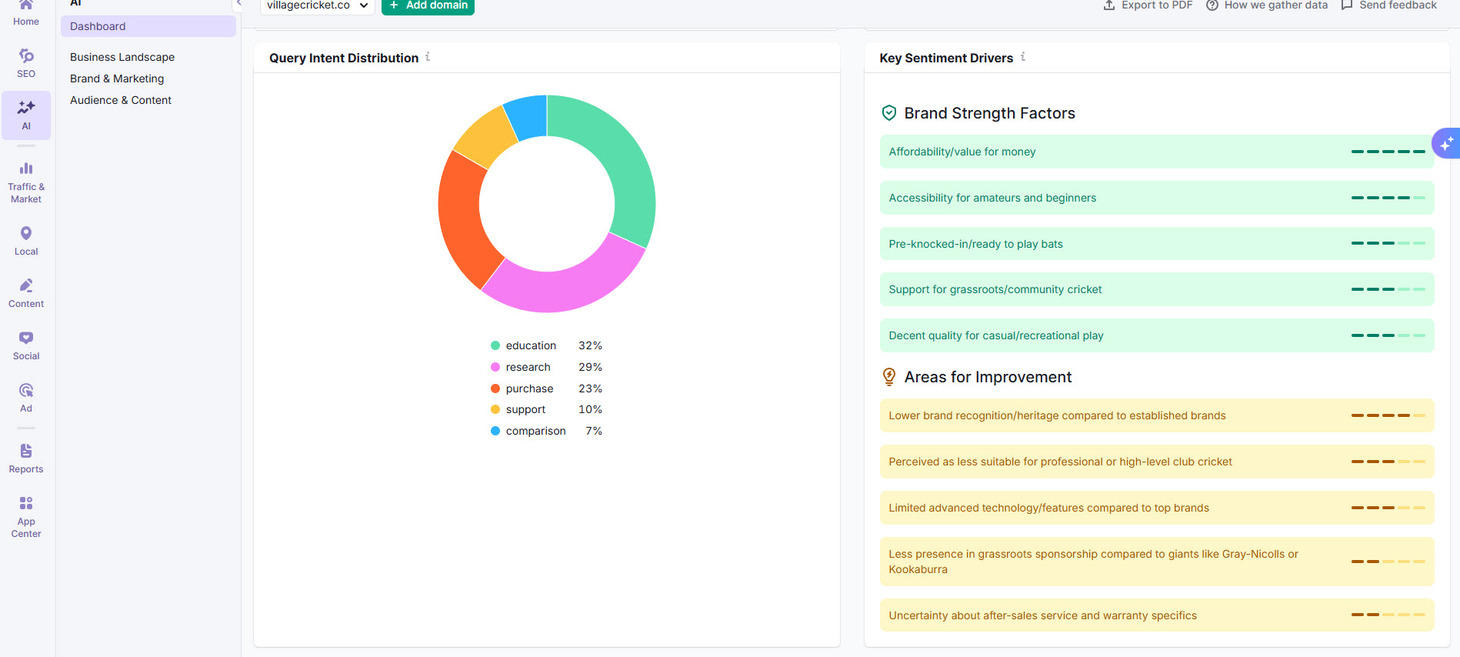
I Tried 15 AI SEO Tools. Here Are The Ones That Really Work
The market is flooded with AI SEO tools. So, I tested out a whole bunch of the most talked-about AI-powered SEO tools to figure out which ones are actually worth your time – and highlighting 15 that have some super cool use cases.
Whether you’re just looking to polish content or you want to build topical authority within your niche, you’ll find the tool you need within this guide.
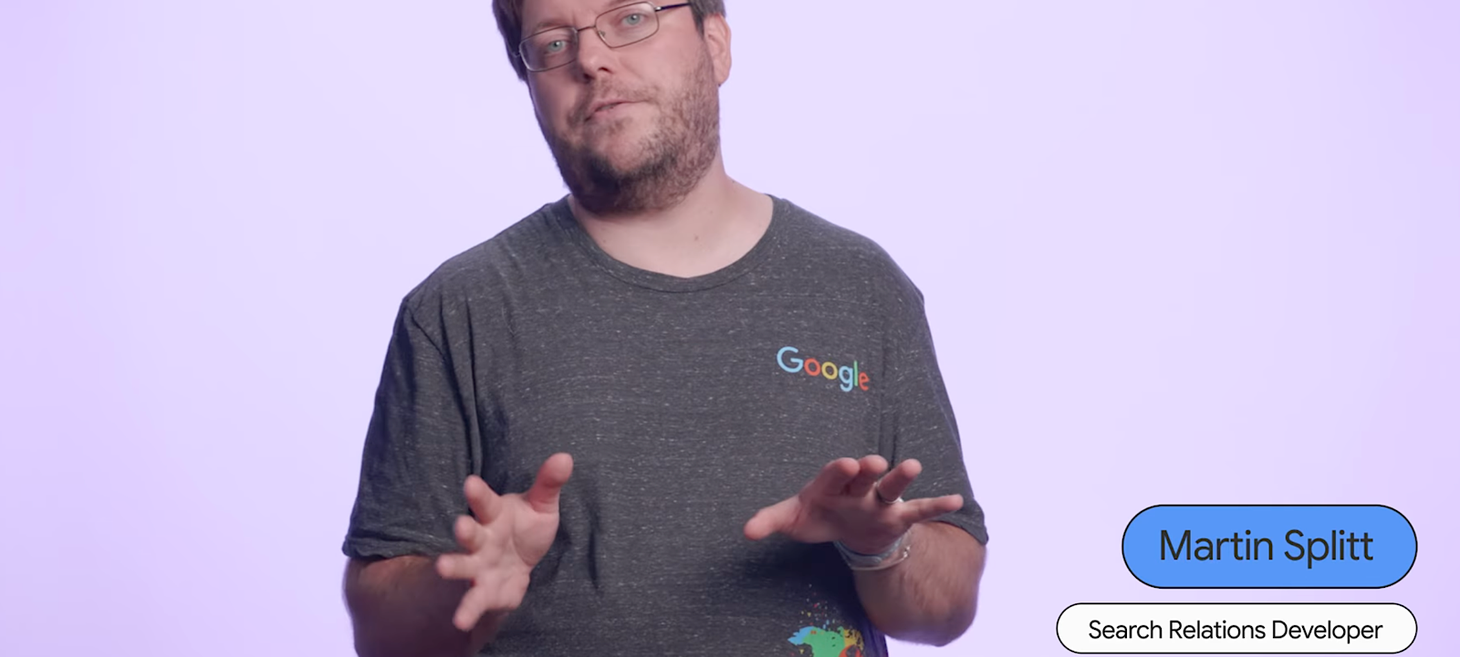
Google Warns Against Relying On SEO Audit Tool Scores
Google warned against relying on tool-generated scores for technical SEO audits.
Search Relations team member Martin Splitt outlined a three-step framework in a Search Central Lightning Talk that emphasizes site-specific context over standardized metrics.
Analytics & Reporting

How To Make Search Console Work Harder For You
Search Console is a fantastic free tool, but it has some pretty severe data and indexing limitations. Here's how to make it work harder for you.
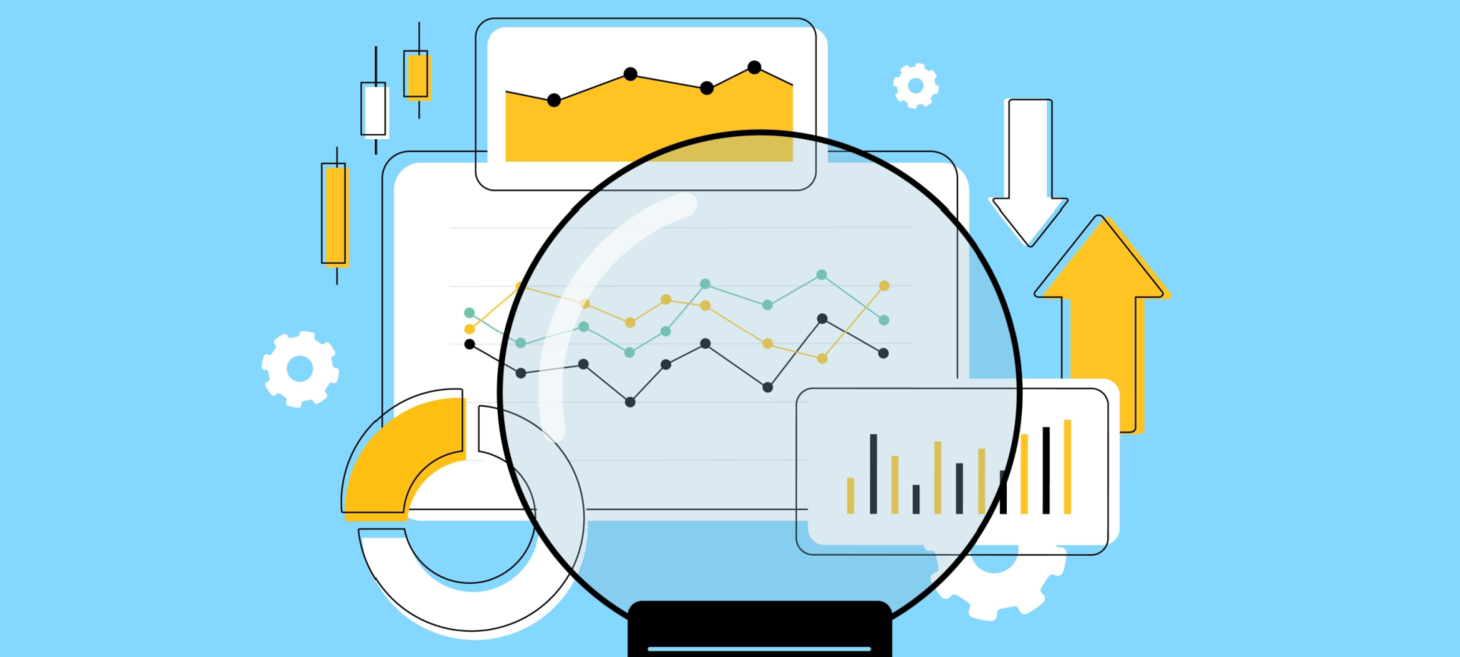
SEO attribution in 2025: Why it’s broken and what you can do
Between AI-generated answers, completely changed user behavior, vanishing click-throughs, and broken analytics, we’re entering a phase where we know SEO’s influence is real, we just can’t prove it.
But what’s making attribution worse than ever, and what SEO teams can do to survive? Keep reading.
Ranking & Generation
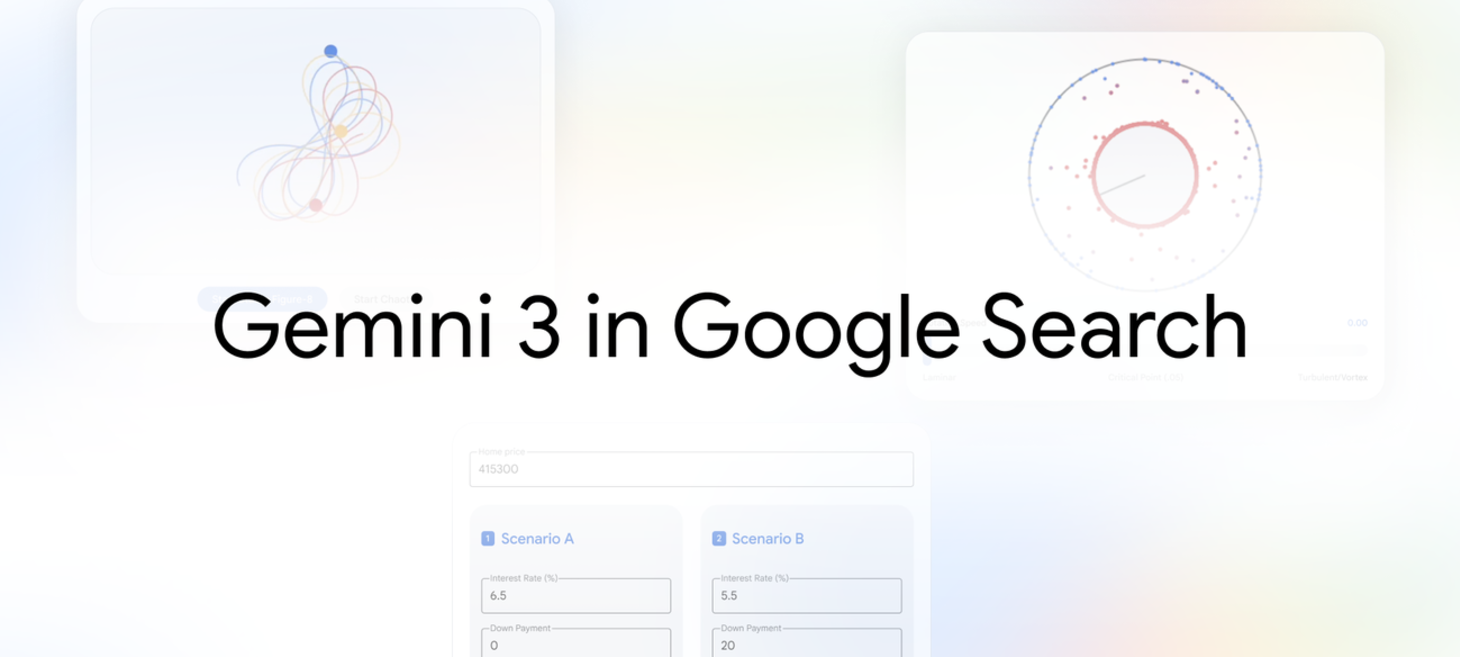
Google brings Gemini 3 AI model to Search and AI Mode
We introduced Gemini 3, our most intelligent model with state-of-the-art reasoning, deep multimodal understanding and powerful agentic capabilities.
It’s now available in Google Search, starting with AI Mode — marking the first time we’ve brought a Gemini model to Search on day one. Gemini 3 brings incredible reasoning power to Search because it’s built to grasp unprecedented depth and nuance for your hardest questions.
It also unlocks new generative UI experiences so you can get dynamic visual layouts with interactive tools and simulations — generated specifically for you.

Google Search to route complex queries to Gemini 3
Google will soon use Gemini 3 for more complex queries within Google Search. Jonathon Heard, Google’s industry head for insurance, told this to an audience at Simply Business’s London headquarters yesterday.
He also said Google is thinking about how to improve Search Console reporting for AI Mode and AI Overviews.
